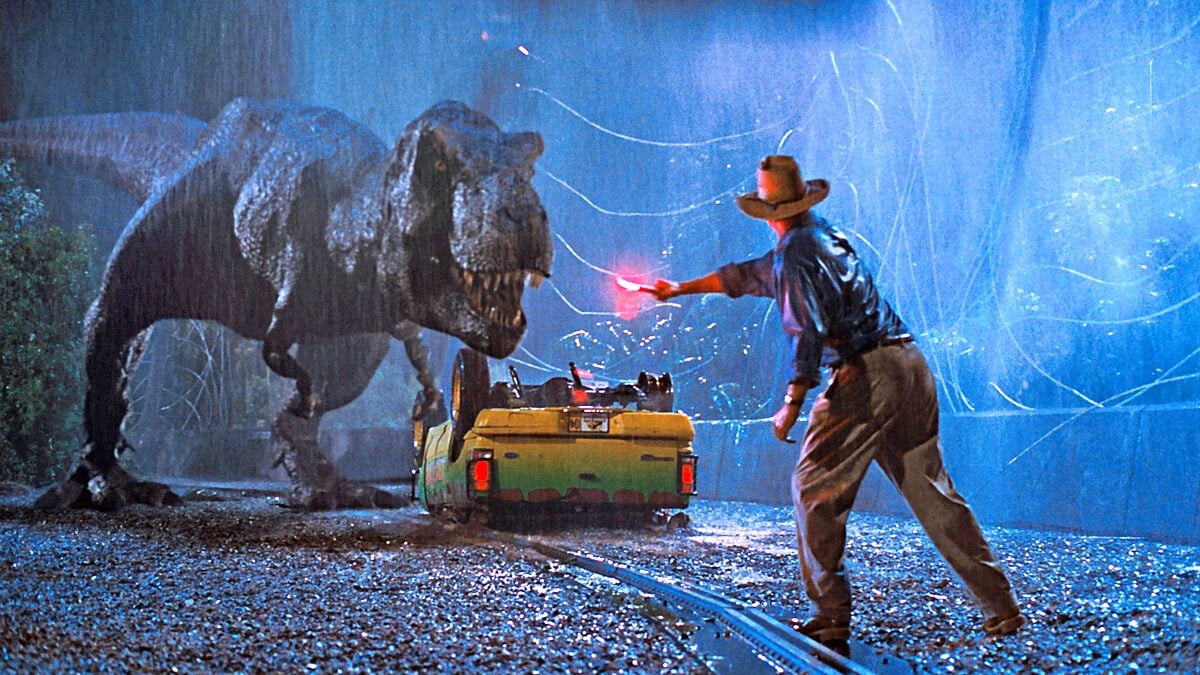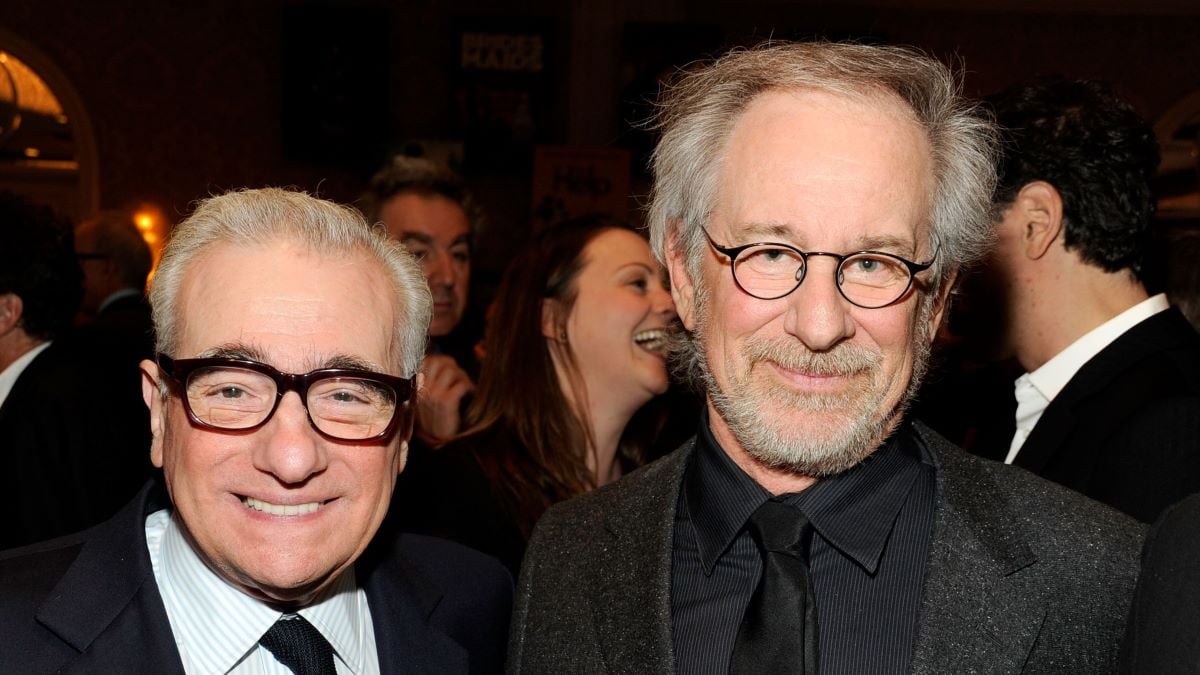Let the snide cynics drone on all they please, cinema is not dying. It’s true that we’re living in a relatively scary time as far as media as a whole goes (thanks to the advent of AI and streaming glut), but anyone who cares enough to look knows that rich stories are landing at our feet every day.
But even then, it’s easy to long for the heyday of filmmakers like Martin Scorsese and Steven Spielberg, two directorial legends who have been changing the cinema game since the 70s, and who are still pulling off home runs today. And now, as the Max charts begin to make way for the inevitable influx of holiday classics, two defining features of the pair’s careers are making a last stand.
Per FlixPatrol, Jurassic Park, the dinosaur blockbuster and a vanguard of movie magic, and Goodfellas, the relentless, hard-hitting dramatization of the borderline-mythological Henry Hill’s life, are harmoniously falling down the Max charts at the time of writing. Goodfellas shores up sixth place, while Jurassic Park trails at seventh. Both were casualties of the rising popularity of Elf (first place), The Polar Express (fourth place), and National Lampoon’s Christmas Vacation (fifth place).
Jurassic Park follows the plight of a group of scientists (one of whom has visiting grandchildren) after a theme park full of genetically resurrected dinosaurs is compromised and results in a prehistoric prison break, while Goodfellas follows the life of American mobster Henry Hill, who falls in love with the world of organized crime before, during, and after it kicks the ever-loving crap out of him.

What’s there to say about these two flicks that haven’t already been sung from the highest mountain and back again? Jurassic Park, beyond its precedent-setting special effects and the way they were utilized in the framework of Spielbergian set pieces, is among the prime examples of cautionary tales involving man’s relationship to science. Its classic phrase, “life finds a way,” importantly works as a double entendre. Not only is it impossible for us to outrun the whims of nature using science, but we’d also be wise to consider what we lose as we move further and further away from our kinship the land.
Goodfellas boasts a not-dissimilar throughline. Ray Liotta’s bullish narration initially romanticizes the crime life, with Scorsese taking extra-special care to frame it in a way that tells us “actually, it’s quite horrifying.” Henry’s foray into the world is exciting enough, he eats at great restaurants, he’s respected (read: feared) within the neighborhood, and he’s got more money than he knows what to do with. But, before he knows it, he’s fallen into the trap of what the mob life does to you emotionally; the high stakes and the excess inherent in the world means he and his colleagues grow up far faster than their minds would prefer, and compassion is routinely traded out for violence as a result.
Like Jurassic Park, then, Goodfellas warns us to keep a firm grip on our humanity, lest a too-loose one destroys the immediate world. And this, ladies and gentlemen, is just one reason why Spielberg and Scorsese are so important.











Published: Nov 11, 2024 09:16 am